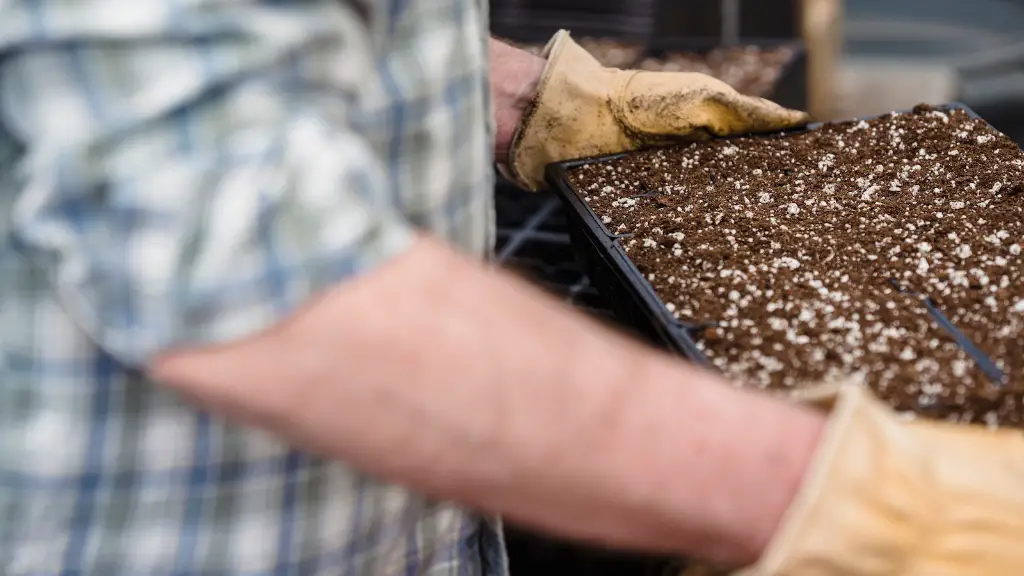The debate surrounding the effects of cows on global warming can be dizzying and overwhelming, as there are both positive and negative implications depending on perspective. On one hand, cows can be a source of methane, a potent greenhouse gas. However, on the other, they also help cultivate healthy and biodiverse soil, which can balance out the impact of their associated greenhouse gas emissions. This article will examine the impact of cows on global warming, setting the stage for further dialogue.
Let’s begin by exploring the negative implications of cows, namely the latent risks of greenhouses gases. It is true that when cows eat and digest food, they release methane, a gas twenty-three times more potent than emissions from carbon dioxide. Cow’s feces and burps consequently contribute 10 percent and twenty percent respectively to the world’s overall methane emissions and this kind of flatulence can cause atmospheric concentrations of methane to rise as much as 20 percent in certain areas over the course of the day. This in turn contributes to global warming.
In recent years, however, research has shown an additional, highly positive side to cows. Healthy soils, for example, can absorb a significant amount of carbon, which reduces carbon levels in the atmosphere thus helping reduce global warming. That is why, when it comes to cows, there is a clear link to sustainable soil management. By aerobic decomposition, cows facilitate the process of nutrient cycling in soil, leading to healthier and more productive ecosystems while at the same time potentially absorbing carbon dioxide.
As a result, cows can be both a force for good and bad in combating climate change. To leverage the benefits while warding off the drawbacks, the world needs to find solutions to make cows’ behaviour more sustainable. For example, some European countries are using technology such as ‘exhaust mufflers’ to reduce methane emissions from cows’ burps. A more comprehensive solution, however, comes in the form of precision agriculture, which aims to optimize the inputs (such as feeding and water) and outputs (such as manure) from livestock operations. By tracking and analyzing data from farmers’ fields, this kind of technology optimizes the cows’ diet and prevents excess methane emission.
Ultimately, cows can be an important part of a healthy ecosystem but also an unchecked force of pollution. Careful management is necessary to ensure the optimal balance between the two sides of the equation. It is important to acknowledge that our current food system is exponentially adding to global warming and there is still so much to learn about the ways in which cows’ expansive effects interact with the environment. As such, to make sure the world is on its way to a more sustainable approach, we need to make cows a priority in the fight against global warming. We must continue exploring and capitalizing on techniques that reduce unnecessary emissions, as well as measures that may provide a better environmental balance.
We are at a crucial moment when it comes to the future of our planet – it is now more important than ever to take action to reduce the effects of cows on global warming. By learning the complexities of cows’ role in our environment and finding the best ways to optimize their impact, we can start to make a lasting, beneficial difference.

